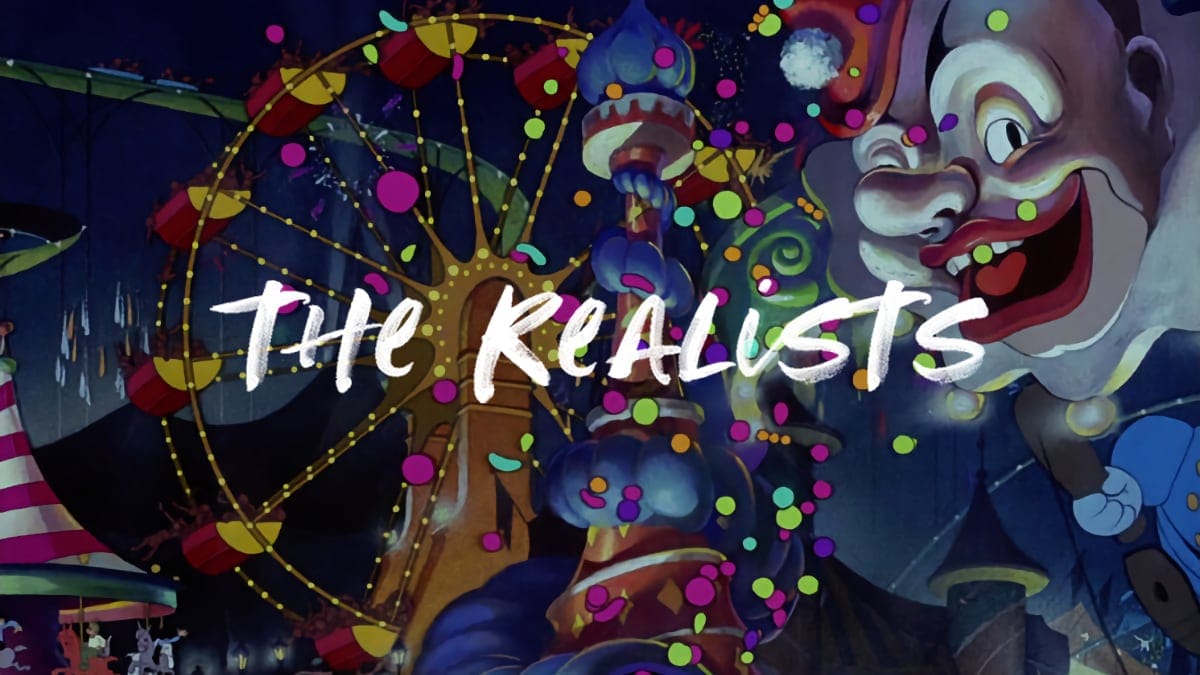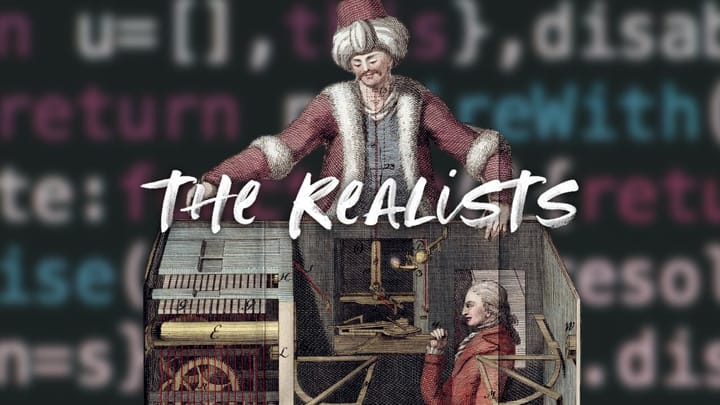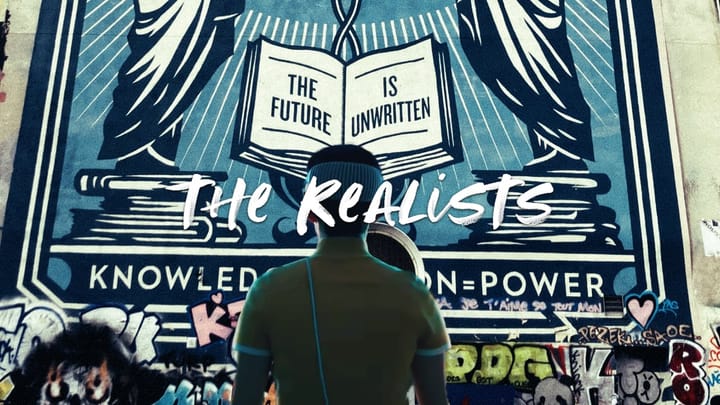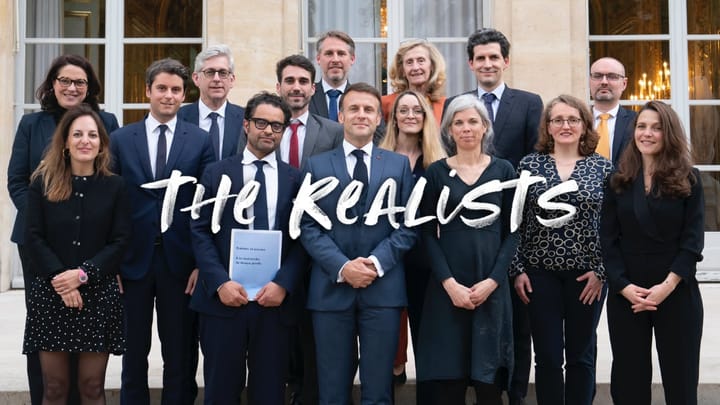From the Attention Economy to the Addiction Economy
Pinocchio's Pleasure Island may be an apt metaphor of our times

Food Barker: "Right here, boys! Right here. Get your cake, pie, dill pickles and ice cream. Eat all you can. Be a glutton. Stuff yourselves. It’s all free, boys, it's all free. Hurry, hurry, hurry, hurry!"
Tobacco Row Barker: "Tobacco Row, Tobacco Row. Get your cigars, cigarettes, and chewin' tobacco. Come in and smoke your heads off! There's nobody here to stop you!"
Model Home Barker: "Hurry, hurry, hurry, hurry, hurry! See the model home. It's open for destruction and it's all yours, boys, it's all yours!"
In an iconic segment from Disney's Pinocchio (1940) – the animated film based on Carlo Collodi's book – the villainous Coachman lures young rebellious boys to Pleasure Island. There, they are free to eat all the sweets they want, drink beer, smoke cigars (!!!) and destroy everything in their sight. The cursed island eventually turns these mischievous boys into donkeys... that are then sold to the circus or to salt mines to do labor.
As soon as Pinocchio's "conscience" Jiminy Cricket surveils the scene, he grows alarmed: "Pinocchio? Pinocchio! There's something phony about all this. I gotta get him outta here!"
In Italian culture when you call someone a donkey ("asino") it means the person in question is ignorant, foolish and irresponsible.
I think Pinocchio's Pleasure Island may be an apt metaphor for the current state of the internet – with Big Tech exploiting human weaknesses and our penchant for pleasure and distraction to turn us all into donkeys.
From the "attention economy" to the "addiction economy"
For over two decades we have heard about the "Attention Economy"... what a rare commodity our attention is and how it's being exploited and manipulated by platforms and devices – by design – to expose us to ads, make us click and buy things.
Wired magazine first talked about the attention economy in the article "Attention Shoppers!" that ran in December 1997. Its subheader read: "The currency of the New Economy won’t be money, but attention."
For over twenty years, tech platforms' engineers have been working in tandem with psychologists to optimize workflows and users' behaviors, keeping eyeballs on screens for as long as possible.
In his thought-provoking book Ten Arguments For Deleting Your Social Media Accounts Right Now computer scientist Jaron Lanier wrote:
Now everyone who is on social media is getting individualized, continuously adjusted stimuli, without a break, so long as they use their smartphones. What might once have been called advertising must now be understood as continuous behavior modification on a titanic scale.
Earlier in the week I came across an essay by Ted Gioia that brilliantly describes the state of the internet and our culture in this brave new online world.
A passage that stood out to me and has been haunting me ever since reading it:
The tech platforms aren’t like the Medici in Florence, or those other rich patrons of the arts. They don’t want to find the next Michelangelo or Mozart. They want to create a world of junkies—because they will be the dealers. Addiction is the goal. They don’t say it openly, but they don’t need to. Just look at what they do. Everything is designed to lock users into an addictive cycle.

Summarizing Gioia's superb essay feels criminal. You need to read it for yourselves from start to finish. Here it is: "The State of the Culture, 2024".
And if you have an extra ten minutes, you can't miss this essay by Gurwinder: "TikTok is a Time Bomb (The ultimate weapon of mass distraction)".
A ray of light
As bleak as these views may seem, there is a ray of light at the end of the tunnel: another way of being, of thinking, and of spending time.
I'd love to share with you a new habit I have formed that is rewiring my brain to spend more time reading long articles over bite-sized social media or Reddit posts.
Inspired by an essay by Justin Hanagan – A Well Curated RSS Feed Reader is a Wonderful Substitute for Social Media – I added all the newsletters and blogs I read to an RSS feed reader (Feedly in my case). This way, I can find writings by all my favorite authors in one place, without having to scour the "newsletter" tab of my email account.
As Hanagan wrote:
A well-curated RSS reader can scratch that same 'Just show me something interesting' itch, minus most of the addictive and emotionally triggering content that literally fuels the big social media sites. It also can be an important stepping stone to spending less time online overall.
The RSS feed is a world of its own - it feels like a boxed experience, with no temptations to click on something else and get sucked into a time consuming rabbit hole. It's an experience in line with my values, as it gives me the impression of learning things, thinking deeply, as I am engrossed in long articles by my favorite writers. Social media posts by comparison - as witty as they may be - suddenly feel like junk food, lacking any nourishment. The feeling is perfectly encapsulated by this illustration by Justin Hanagan's Stay Grounded:

Just like in Disney's Pinocchio, I feel like I may have successfully escaped from Pleasure Island just in time.
And now whenever I feel tempted to scroll through Reddit or check social media for more than 10 minutes, I think of Pinocchio's donkeys. And that immediately suppresses any desire for distraction and escapism.
As always, thanks for being here.
Elena
If you'd like to support my work, you could rent or buy my documentary The Illusionists.
Watch the trailer:





Comments ()